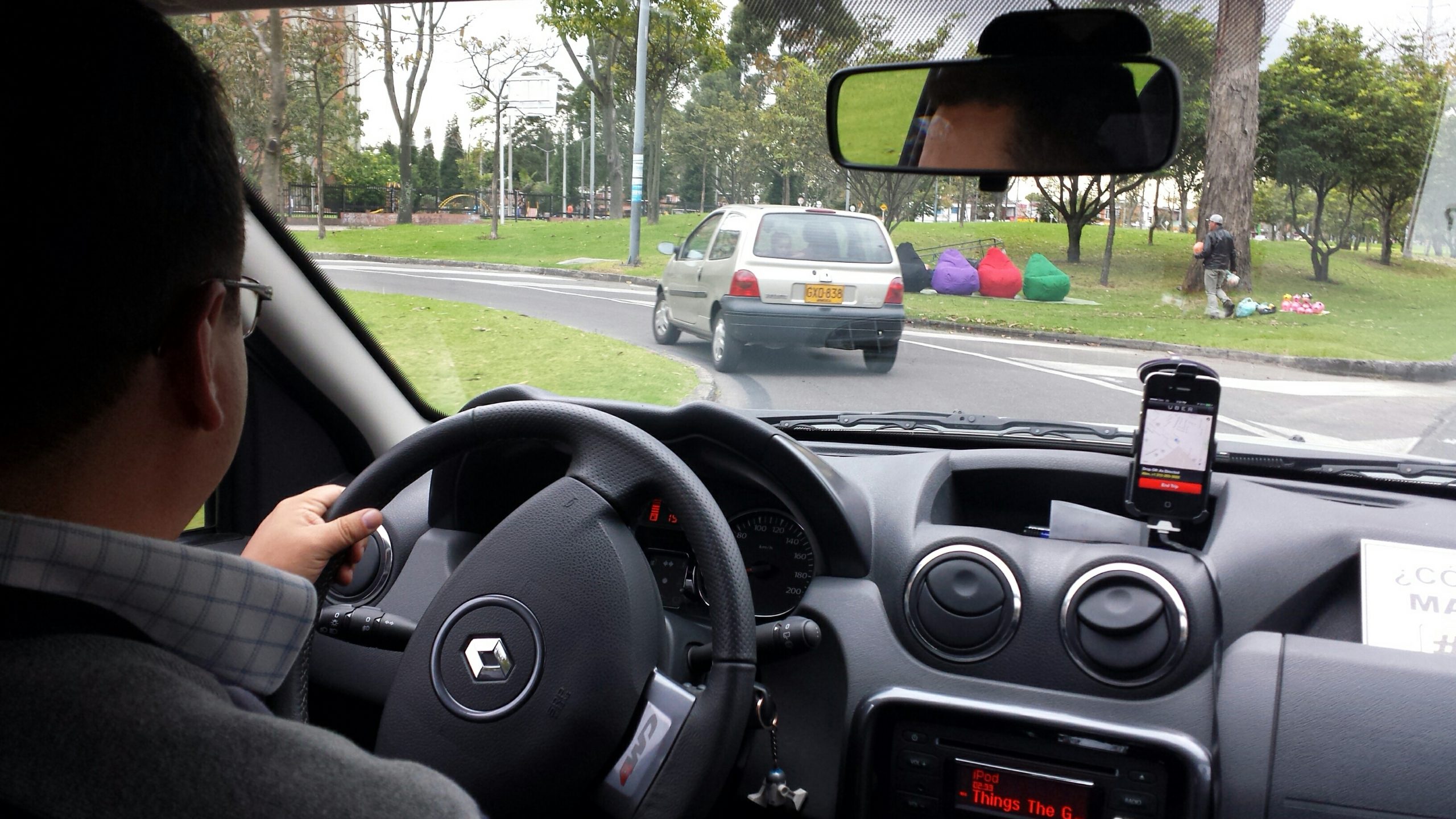
Pradipta Biswas publishes a book on latest research on controlling a car through eye gaze tracking.
A new book which explores the prospect of people being able to control the electronic displays and interfaces in a car through eye gaze technology has just been published.
The book, Exploring the Use of Eye Gaze Controlled Interfaces in Automotive Environments, is written by Gates Cambridge Scholar Pradipta Biswas [2006], who did a PhD in Computer Science at the University of Cambridge.
In addition to exploring eye gaze tracking as a direct controller of electronic displays and interfaces inside cars and other vehicles, it looks at how vehicles may be able to analyse and respond to a change in the driver's mental state.
The book covers the latest research on how multimodal algorithms are being used to tackle the problem of small, involuntary eye movements as well as the inaccuracy in eye gaze tracking for controlling on-screen indicators. It shows progress in using gaze-controlled interfaces to respond to oncoming road hazards and outlines how user trials could be used to validate the algorithms involving driving simulators. Pradipta says research in this area is currently at the lab stage before being deployed and beta tested in a realistic situation. Pradipta has already explored use of the technology in military aviation with BAE Systems at UK and is now at the final stages of a project with India's Aeronautical Development Agency to integrate the system with an existing flight simulator.
The book is aimed at researchers and designers in the fields of automotive design and engineering, human-computer interaction (HCI) and intelligent interfaces.
Pradipta will be presenting a paper linked to his book's findings at the ACM Automotive UI conference in Michigan next month.
Pradipta was recently offered a job as a senior engineer at Samsung Electronics, but turned that down for the chance to head his own lab – the Intelligent Inclusive Interaction Design lab – at the prestigious Indian Institute of Science since April. The lab undertakes research in the field of human computer interaction, intelligent user interfaces and inclusive design. Current projects cover issues such as new interaction techniques for people with different range of abilities, automotive and military aviation environments.
At the University of Cambridge, Pradipta led a research team at the Department of Engineering which developed a computer control interface that uses a combination of eye-gaze tracking and other inputs. The aim was to help people with physical impairments and others who cannot use a mouse or touchscreeen to perform complex computing tasks at speed.
Picture credit: Wikipedia

Pradipta Biswas
- Alumni
- India
- 2006 PhD Computer Science
- Trinity College
Pradipta Biswas is an Assistant Professor at the Centre for Product Design and Manufacturing of Indian Institute of Science. His research focuses on user modelling and multimodal human-machine interaction for aviation and automotive environments and for assistive technology. Earlier, he was a Senior Research Associate at Engineering Department, Research Fellow at Wolfson College and Research Associate at Trinity Hall of University of Cambridge. He completed PhD in Computer Science at the Rainbow Group of University of Cambridge Computer Laboratory and Trinity College in 2010 and was awarded a Gates-Cambridge Scholarship in 2006. He undertook a first degree in Information Technology at the University of Kalyani and a master degree at the Indian Institute of Technology, Kharagpur. He conducts a course on Human Computer Interaction at Indian Institute of Technology, Mandi, guest lecture at Indian Institute of Technology, Madras and was a vice chairman of ITU-T Focus Group on Smart TV.












